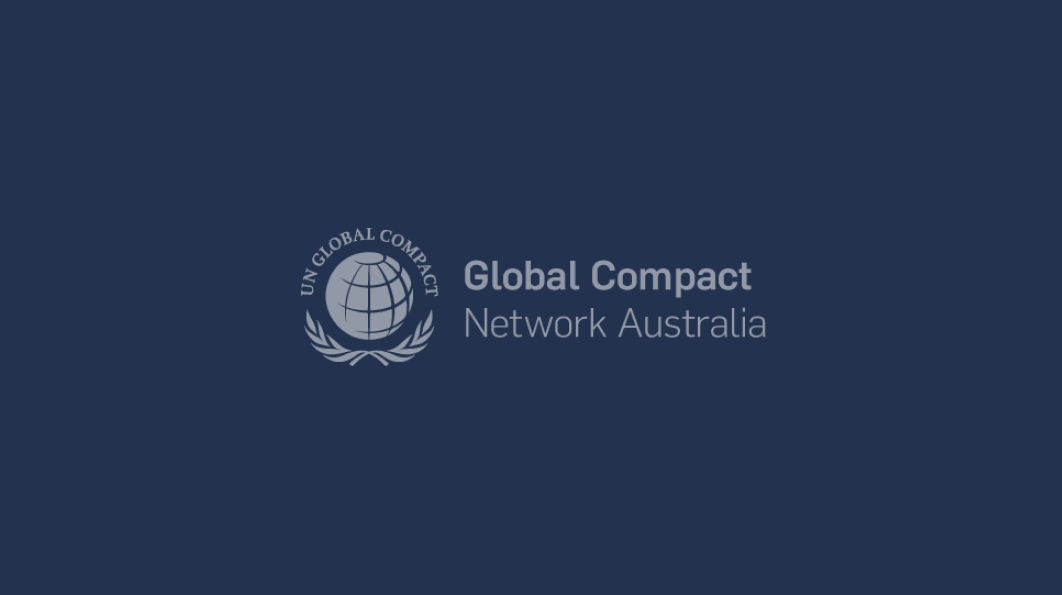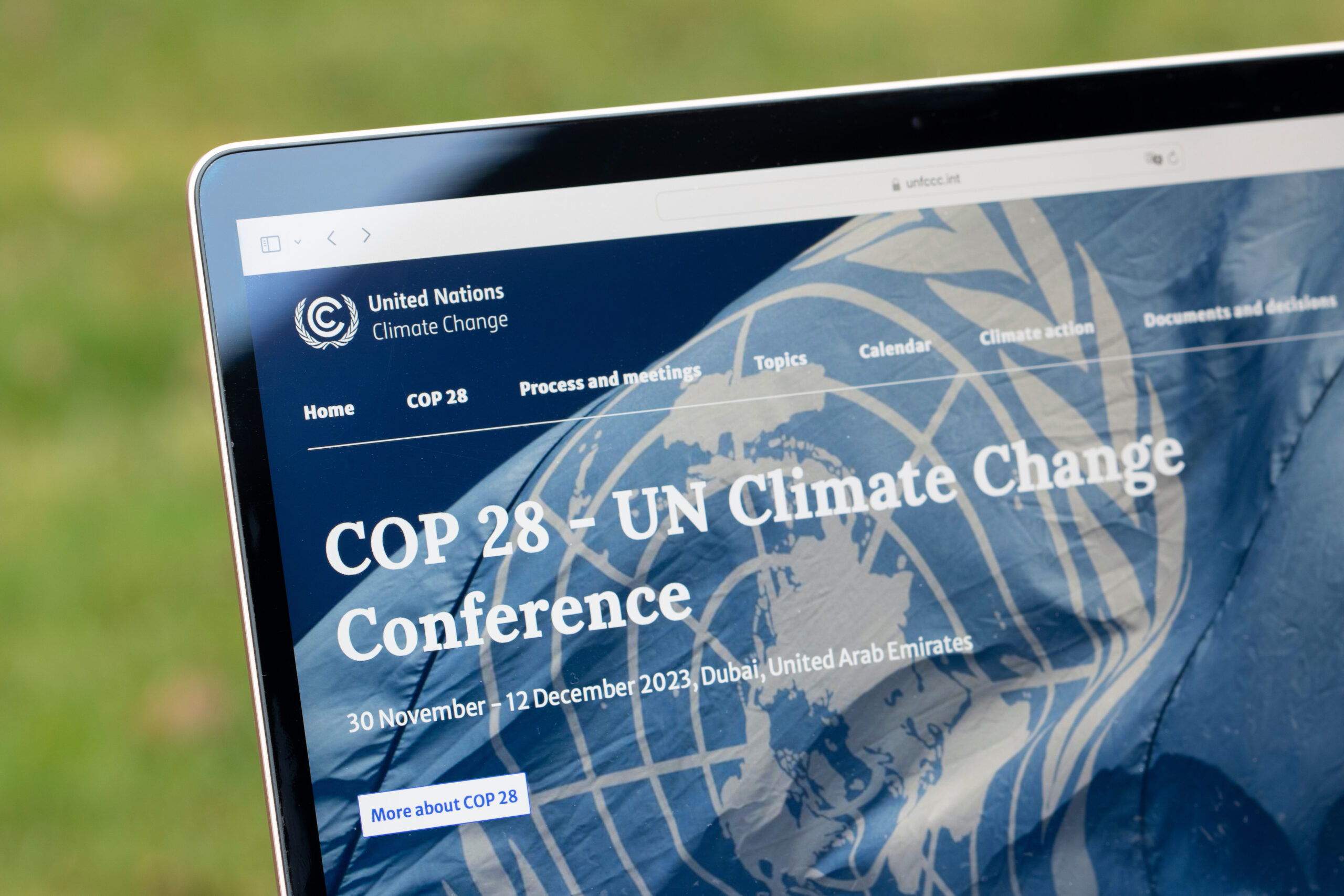
News, Sustainable Development Goals
Momentum around SDGs implementation builds at UN High-Level Political Forum on Sustainable Development
UN Global Compact Network Australia | July 25, 2016
The UN’s 2016 High-Level Political Forum on Sustainable Development (HLPF) – the first since the adoption of the Sustainable Development Goals (SDGs) – took place in New York from 11-20 July under the theme “Ensuring no one is left behind”. The HLPF is the primary mechanism for follow-up and review of the SDGs and will take place on an annual basis.
Key outputs and developments at and on the side of the HLPF included:
- Adoption of a Ministerial Declaration which emphasised the importance of protecting and empowering those most vulnerable; recognised the importance of peace and security for sustainable development and the need to tackle factors such as inequality, corruption and poor governance which contribute to instability; highlighted the importance of timely and reliable data to measure implementation; recognised the importance of universal respect for human rights and the crucial role of gender equality in achieving the SDGs; and welcomed the Paris Climate Agreement.
- Launch of UN Secretary-General Ban Ki-Moon’s inaugural Sustainable Development Goals Report which looks at collective global progress on the 17 goals, highlighting the challenges of implementing each goal. This will provide a benchmark for progress towards achieving the ambitious SDG agenda by 2030 and be critical to identifying implementation gaps.
- Publication of the first 22 Voluntary National Reviews (VNRs) on SDGs implementation. VNRs were submitted by a range of countries at a variety of development stages. While some have commented that a common reporting format could be helpful, one positive observation was that the universality of the SDG agenda allows all countries – from the most advanced to least developed – to engage around challenges and opportunities from a common footing.
- Launch of the UN Sustainable Development Solutions Network’s SDG Index and Dashboard Global Report, which ranks countries on their performance against each SDG via a traffic light system of “green,” “yellow,” or “red”, indicating whether the country has already achieved the goal (green), is in a “caution lane” (yellow), or is seriously far from achievement as of 2015 (red). Sweden, Norway and Denmark lead the global rankings; Australia is currently ranked 20. The SDGs relating to hunger, affordable and clean energy, climate change, life below water, life on land and partnering for the goals were “red” for Australia in the dashboard.
- The UN Global Compact and other partners convened the SDG Business Forum to report on activities underway by the private sector in this first pivotal year of SDG implementation and to look at the role of business in catalysing sustainable growth and development. A number of business initiatives that are contributing to the SDGs were shared. A key challenge remains as to how to measure the private sector’s contribution to the SDGs – an issue the UN Global Compact has committed to explore and advance.
Additional key themes that emerged in the discussions included the need for technology and innovation to achieve the SDGs; the need for sustained political will; the importance of multi-stakeholder approaches to implementation; and the need for the SDGs to catalyse systemic and transformational shifts and drive an enabling environment for all actors to contribute to the agenda.
In September, the Australian SDGs Summit – being convened by the GCNA, SDSN, ACFID and ACOSS – will bring together experts and leaders from all stakeholder groups to explore Australian implementation of the SDGs.



